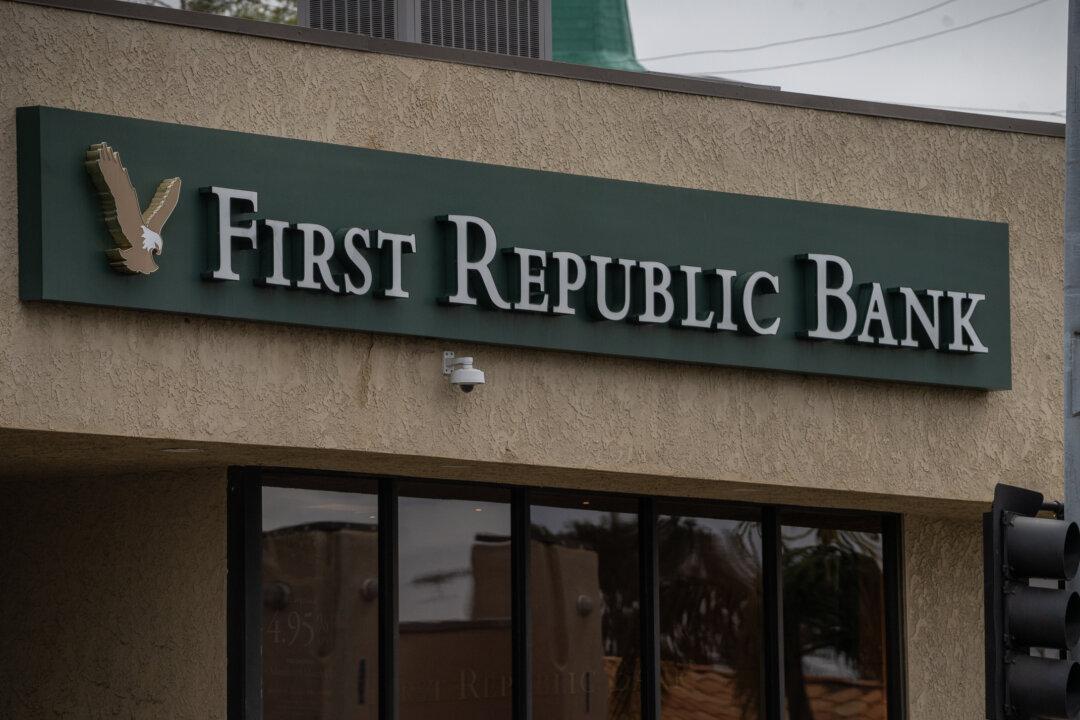U.S. regional bank shares took a beating after the collapse of First Republic and its takeover by JP Morgan Chase & Co.
The Federal Deposit Insurance Corporation (FDIC) seized First Republic Bank in the second-largest bank failure in American history in what is also the third regional bank to fail this year.





